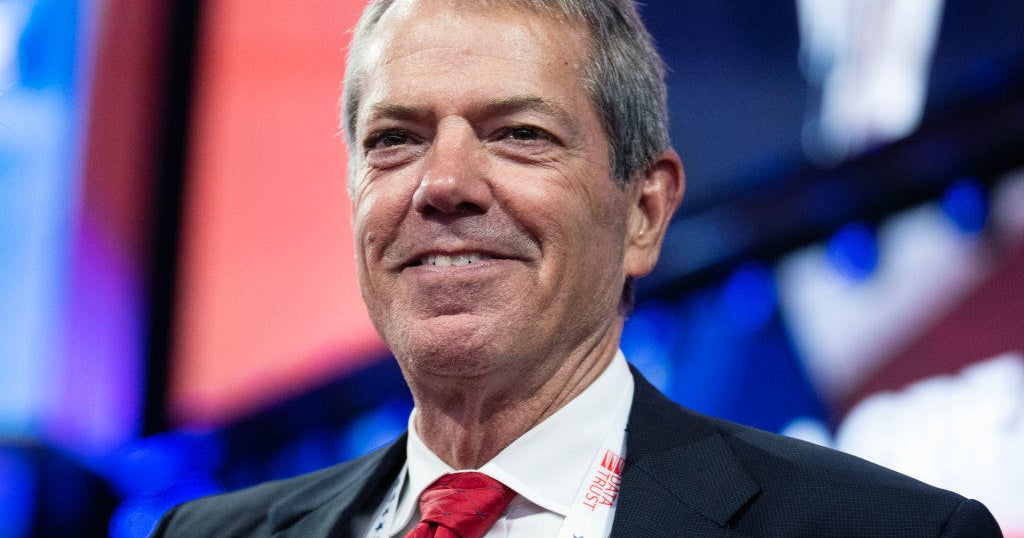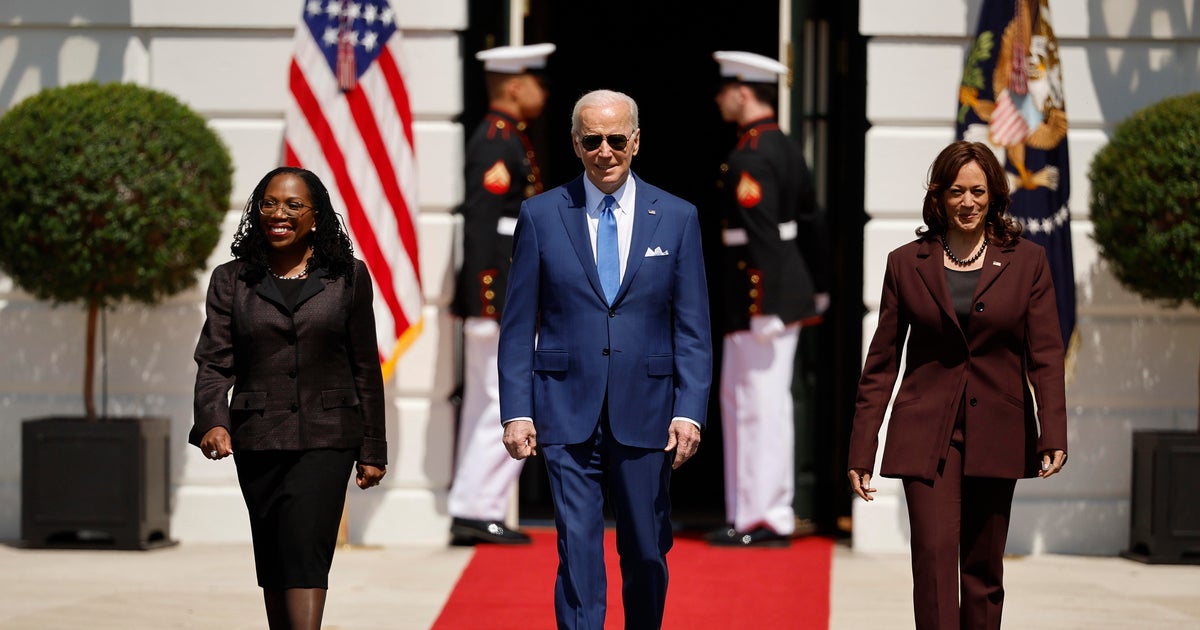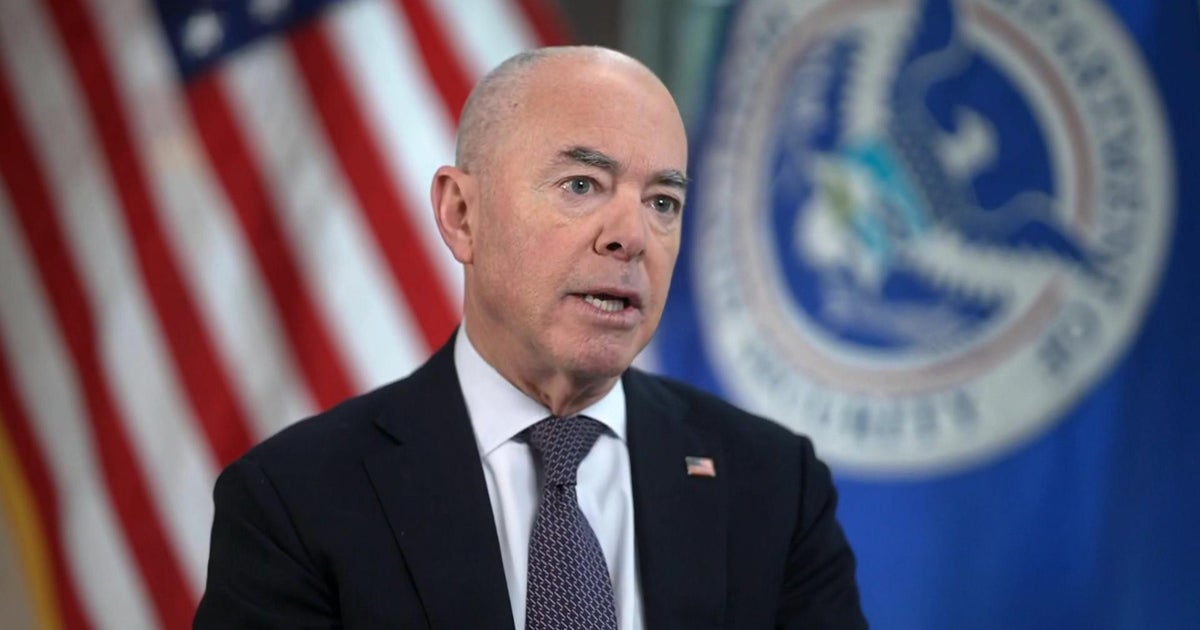Oregon Supreme Court rules former New York Times columnist Nicholas Kristof cannot run for governor
Oregon's Supreme Court rejected former New York Times columnist Nicholas Kristof's candidacy for Oregon governor's race as a Democrat, after finding that he had not satisfied the state's residency requirement.
Kristof's candidacy was rejected by Oregon Secretary of State Shemia Fagan, a Democrat, in January. Fagan argued he had not been a resident of the state for at least three years before the election, pointing to his tax payments, residency and voting records in New York.
Kristof appealed the rejection to the state Supreme Court, and argued his properties in the state, and time spent at his family's farm in Yamhill county, satisfied the residency requirement.
The court wrote that "residing" in Oregon means they would have to have lived in the state, not just have properties there.
"In the nineteenth century and in the context of political rights — and election-related rights in particular — 'residence' meant 'domicile,' the one place where a person has established his or her permanent abode," the court wrote.
"[Kristof] has thought deeply and written extensively about the challenges faced by those living in rural areas of Oregon — and the rest of the country. But that is not the issue here. The issue, instead, is whether [Kristof] has been, during the three years preceding the November 2022 election, 'a resident within this State,'" they added. "We conclude that the secretary was not compelled to conclude, on the record before her, that [Kristof] satisfied that requirement."
Kristof led Democratic candidates in fundraising, raising more than $2.5 million as he sought to succeed term-limited Democratic Governor Kate Brown. Oregon House Speaker Tina Kotek and state treasurer Tobias Read are also running in the Democratic primary.
Kristof wrote for The New York Times from 1984 to October 2021, when he left to consider a run for Oregon governor.
In a response, Kristof called the supreme court's decision "very disappointing."
"While I won't be on the ballot, I'm not giving up on our State. I know we can be better. I will continue working to help people who are struggling, who lack opportunity and hope," he tweeted.




